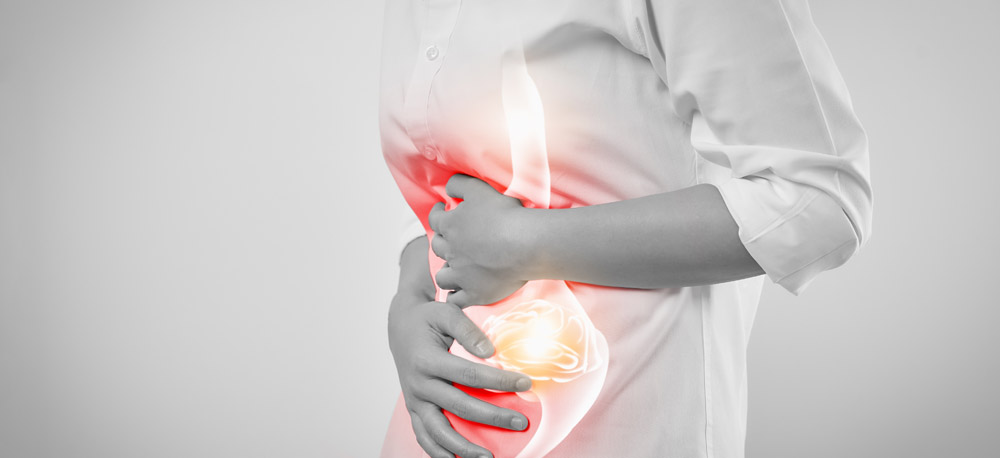Stomach infections are common and can be caused by various factors such as bacteria, viruses, or parasites. Common symptoms of stomach infections include diarrhea, nausea, vomiting, and stomach discomfort. In most cases, treatment for stomach infections involves a combination of medications and lifestyle modifications.
Medications and Treatment
If you experience symptoms of a stomach infection, seek medical attention immediately for proper diagnosis and treatment. Treatment usually involves antibiotics, antivirals, or other medications to alleviate symptoms and cure the disease. Hospitalization may be necessary for severe cases, especially if dehydration or other complications arise.
Lifestyle Changes
In addition to medications, lifestyle changes can aid the body in fighting against the infection. Drinking plenty of water, resting, and eating a balanced, healthy diet that is easy to digest can help speed up recovery. Taking probiotics can also restore the balance of bacteria in the digestive tract.
Home Remedies
Home remedies can be used to complement medical treatments and relieve symptoms of stomach infections. Drinking fluids like clear broths, water, and electrolyte-rich drinks can prevent dehydration, while peppermint, ginger, or chamomile tea can soothe an upset stomach. Consuming small, regular meals of digestible foods like rice, bananas, toast, applesauce, or boiled potatoes can alleviate symptoms and promote healing. Probiotics like yogurt or kefir can aid in restoring the balance of bacteria in the gut.
Antibiotics
Antibiotics are prescribed to treat stomach-related bacterial infections. It is essential to use antibiotics as directed by a physician, even if you begin feeling better before the entire course of treatment is completed. Common antibiotics used to treat stomach ailments include clarithromycin, amoxicillin, metronidazole, and levofloxacin. However, it is important to speak with a doctor about potential adverse effects and how to manage them.
Stomach Infection Diet
Adherence to a stomach infection diet is essential to reduce symptoms and speed up recovery. This diet involves consuming easily digestible foods like rice, bananas, toast, applesauce, boiled potatoes, and clear broths. It is important to avoid spicy, fatty, fried, or dairy-based foods, caffeine, and alcohol, as they can aggravate symptoms and delay recovery.
Probiotics
Probiotics are live microorganisms that can benefit digestive system health. They are present in certain food items like yogurt and kefir or in supplement forms. Studies have shown that probiotics can be beneficial in decreasing the severity and duration of certain types of stomach-related infections, especially those caused by bacteria. However, it is crucial to consult with a doctor before using probiotics to ensure they are safe and suitable for specific conditions.
In conclusion, stomach infections can be managed with a combination of medications, lifestyle changes, home remedies, antibiotics, stomach infection diets, and probiotics. It is important to seek medical attention immediately when symptoms arise and follow a doctor’s instructions regarding treatment and recovery.



